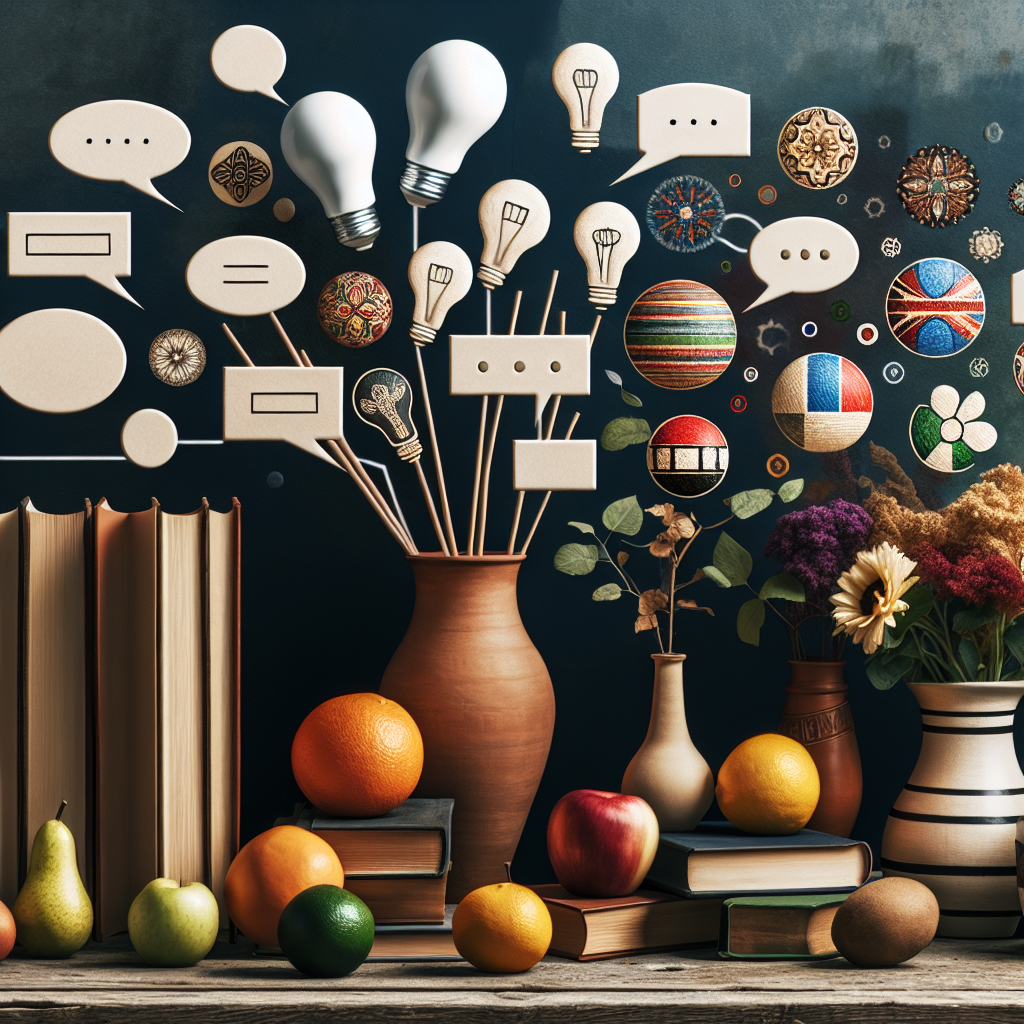Understanding Cultural Diversity in the Workplace
Understanding cultural diversity in the workplace is crucial for creating an inclusive and welcoming environment for all employees. Embracing cultural immersions allows for a deeper appreciation and respect for differences in backgrounds, beliefs, and traditions. This fosters a sense of belonging and acceptance, which in turn leads to greater employee satisfaction and productivity.
By acknowledging and valuing cultural differences, organizations can leverage the unique perspectives and experiences of their diverse workforce. This not only enriches the overall work culture but also enhances creativity and innovation. Moreover, understanding cultural diversity in the workplace enables effective communication and collaboration across teams, leading to better problem-solving and decision-making.
Creating a culture of inclusivity requires ongoing education and training to raise awareness and promote understanding of various cultural practices. It also involves implementing policies and practices that actively support diversity and prevent discrimination. By prioritizing cultural immersion and inclusivity, organizations can cultivate a positive and empowering work environment where every individual feels respected and valued.
The Impact of Cultural Immersion on Global Citizenship
When it comes to embracing differences and fostering inclusivity, cultural immersion plays a significant role in shaping individuals into global citizens. The impact of cultural immersion on global citizenship is profound, as it allows individuals to gain a deep understanding of diverse cultures, traditions, and perspectives. By actively engaging with different cultural practices and norms, individuals develop a heightened sense of empathy, open-mindedness, and tolerance towards others.
Cultural immersion experiences enable individuals to appreciate the complexities of the global community and recognize the interconnectedness of the world. Through meaningful interactions with people from diverse backgrounds, individuals can develop cross-cultural communication skills and a greater awareness of the social, political, and economic issues that affect communities worldwide. This heightened awareness contributes to the cultivation of a sense of global responsibility and a commitment to fostering positive change on a global scale.
Moreover, cultural immersion experiences often lead to the dismantling of stereotypes and misconceptions, fostering a sense of respect for cultural diversity. As individuals become more attuned to the nuances of different cultural practices, they are better equipped to challenge prejudice and discrimination, thereby contributing to the promotion of inclusivity and equality. Ultimately, the impact of cultural immersion on global citizenship is multi-faceted, empowering individuals to become active contributors to a more harmonious and interconnected world.
Embracing Multiculturalism in Education
In today’s globalized world, embracing multiculturalism in education is crucial for fostering inclusivity and understanding diversity. By incorporating diverse cultural perspectives into the curriculum, schools can create an environment that celebrates differences and encourages students to develop a broader worldview. Multicultural education promotes empathy, respect, and open-mindedness, which are essential qualities for thriving in a diverse society.
Integrating multicultural content into various subjects, such as history, literature, and social studies, allows students to learn about different cultures, traditions, and customs. It also provides opportunities for students from diverse backgrounds to see themselves represented in the curriculum, which can enhance their sense of belonging and academic engagement.
Furthermore, educators play a pivotal role in promoting multiculturalism by creating inclusive learning environments and facilitating intercultural dialogue. By organizing cultural exchange programs, inviting guest speakers from different backgrounds, and incorporating multicultural resources, teachers can enrich the educational experience and help students appreciate the richness of diversity.
By embracing multiculturalism in education, schools not only equip students with the knowledge and skills to thrive in a globalized world but also contribute to building a more inclusive and harmonious society.
